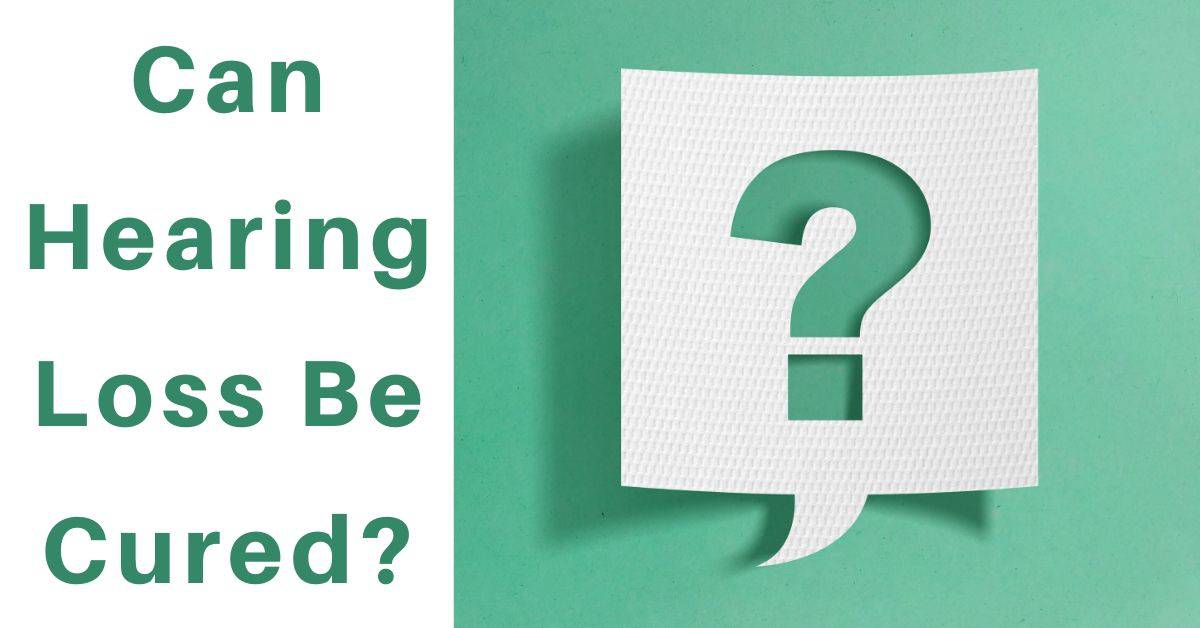
- Common Misconceptions That Delay Hearing Loss Diagnosis - June 6, 2025
- Signs Your Earwax Buildup Needs Professional Attention - May 29, 2025
- Preparing for a Hearing Test and What You Should Bring - May 16, 2025
If you were to ask this question to any hearing health professional only ten years ago, the answer most likely would have been “no.” Due to the nature of most forms of hearing loss, it was not considered possible for a natural cure to exist. Hearing aids continue to be the best option for hearing loss treatment at present. However, remarkable new research is pointing toward the possibility that hearing loss may be treatable in ways we did not formerly think possible. The Department of Otolaryngology, Head and Neck Surgery at Columbia University is one of only three academic departments in the world that is currently conducting research into the possibility that the cells of the body that make it possible to hear might be regenerated. Let’s take a look at some of the research currently taking place and consider the ways that new and exciting treatments might emerge in the future.
Drug Therapies
The study at Columbia University regards a new drug therapy that has the possibility of regenerating the tiny hair-like structures of the cochlea that make it possible to sense subtle differences in pressure that translate into hearing. The drug would introduce a gene into the body that shows promise to bring about cellular regeneration. In addition to these drug-based programs, the Stanford Initiative to Cure Hearing Loss (SICHL) is currently working on other therapies, as well. These include stem-cell therapy, as well as molecular therapy and targeted neural stimulation, as well. Each of these unique therapies makes it possible to conceive of a world in which hearing loss can indeed be cured.
Stem Cell Therapy
Take, for instance, stem-cell therapy. This novel therapy imagines that it may be possible to grow an entirely new inner ear from a person’s own skin cells. Alternatively, it may become possible to regenerate and repair the damaged inner ear from within the body of the individual. By re-growing those sensitive hair-like structures of the inner ear it might be possible to restore hearing ability exactly as it once was. A similar version of these existing therapies involves a treatment that might seem counter-intuitive: introducing a virus!
Gene Therapy
In a remarkable new study, researchers are considering a unique way to introduce genes into the system that would affect the ear: a virus. The study is currently being tested on mice, in which a virus is introduced that carries with its tiny particles of DNA and proteins that stimulate the growth and development of new hair-like cells, or cilia, in the inner ear. In the past, it was thought to be impossible to introduce the genetic material for new structures within the cochlea in full-grown adults. However, this treatment has been effective in the tiny ears of mice. New research will need to determine if the treatment can be as effective with adult human ears after hearing loss has already taken place.
Hearing Loss Treatment
Although these new treatments and therapies are remarkable, opening up the possibility that hearing ability might be restored within the context of the ear, existing treatments in the form of hearing aids continue to develop, as well. New technologies for sound amplification are ever-more equipped to sense the sound profile in an environment and to respond with the appropriate adjustments in sound tailored to individual needs. As well, the size and shape of new hearing aids makes them much more like earbuds than the formerly bulky hearing aids or the tiny aids that can be difficult to manipulate for someone with problems of manual dexterity, including arthritis. With such remarkable treatments for hearing loss in the context hearing aid technology, it is more important than ever to get in contact with an audiologist or hearing health professional as soon as you detect the signs of loss. Once you acknowledge that hearing loss is taking place, your hearing health professional can administer a hearing test, which is quick, painless, and easy to complete. With that information in hand, you will be able to understand what treatment options apply to you, as well as what models of hearing aids are most suited to your individual condition. With remarkable therapies on the horizon, the time is now to seek out a hearing test.
